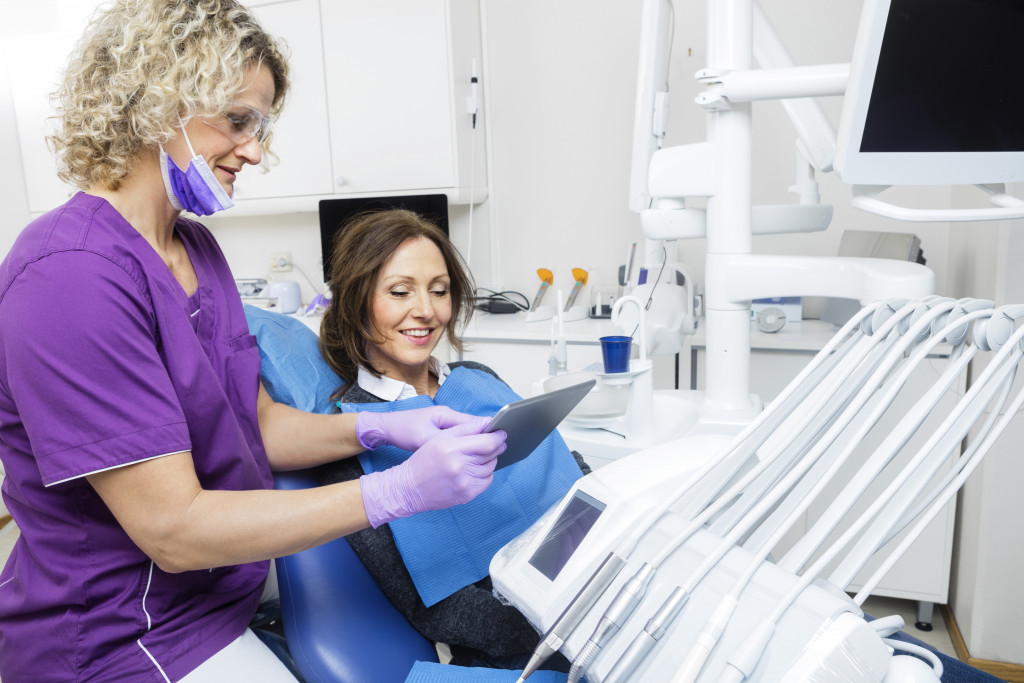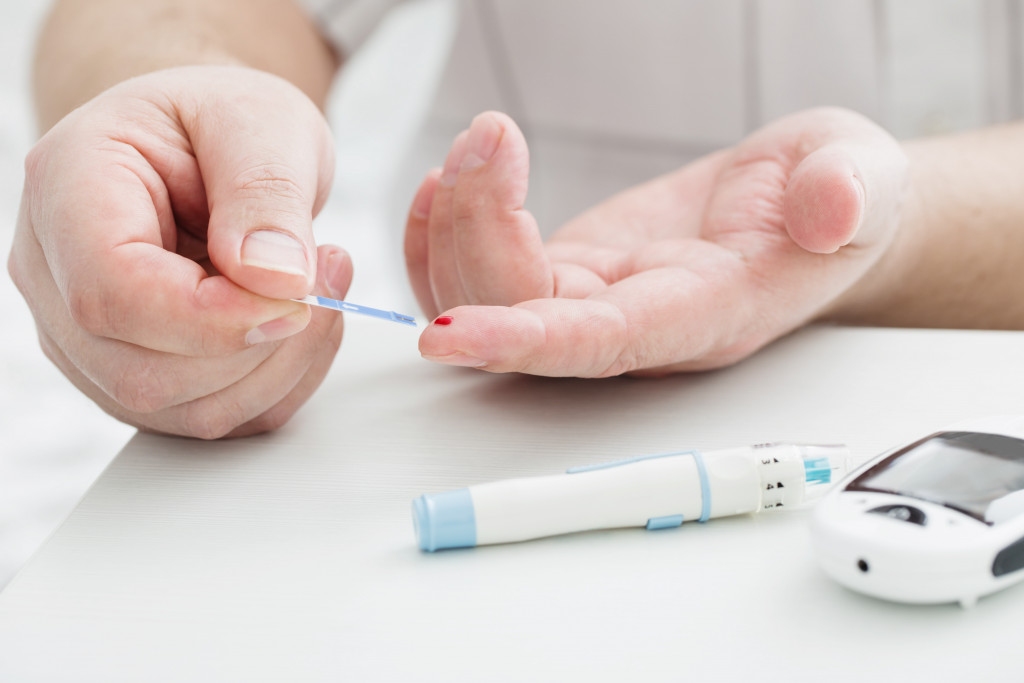Pregnancy is a time of significant change for a woman, both physically and emotionally. As her body prepares to host a new life, she has many questions about what is happening inside her and how she can best care for herself and her baby. Oral health is one area of concern that often arises during pregnancy. Here are some answers to pregnant women’s common questions about their oral health.
Q: What changes can I expect in my oral health during pregnancy?
A: Several changes can occur during pregnancy, including an increase in plaque and gingivitis, a change in taste perception, and an increase in the risk of gum disease. Pregnant women are also more likely to experience tooth decay. Because of this, it is essential to maintain good oral hygiene habits during pregnancy.
Q: What can I do to prevent tooth decay during pregnancy?
A: One of the best ways to prevent tooth decay during pregnancy is to practice good oral hygiene. You want to make it a habit to brush your teeth after every meal or at least twice a day. Remember to floss daily and visit your dentist for regular check-ups. It is also important to avoid foods and drinks that are high in sugar since sugar can lead to tooth decay.
Q: Why is gum disease a concern during pregnancy?
A: Gum disease is a concern during pregnancy because it can lead to preterm birth and low birth weight problems. It can also increase the risk of preeclampsia, a condition that can occur during pregnancy and lead to serious health problems for both the mother and baby. Pregnant women should visit their dentist regularly for check-ups to help detect and treat gum disease early.
Q: Can I get implants or braces during pregnancy?
A: Generally, it is safe to get dental implants or braces during pregnancy. However, you should discuss any treatment plans with your dentist to ensure they are safe for you and your baby. Specific doses of anesthetics and other medications used during dental treatment may not be safe for pregnant women, so it is important to let your dentist know if you are pregnant.
Q: What should I do if I experience dental pain during pregnancy?
A: If you experience dental pain during pregnancy, it is best to see your dentist as soon as possible. Cavities and gum disease are common sources of dental pain during pregnancy and can be treated with dental care. However, if the pain is severe or accompanied by other symptoms, such as fever or swelling, you may have a more serious problem and should see your doctor.
Q: Are x-rays safe during pregnancy?
A: Generally, it is safe to have x-rays taken during pregnancy. The amount of radiation exposure from x-rays is minimal and does not pose a risk to the mother or baby. However, you should always discuss this concern with your dentist to make sure any x-rays taken are safe for you and your baby.

Q: Can I use mouthwash during pregnancy?
A: Yes, you can use mouthwash during pregnancy. However, it is important to use a mouthwash safe for pregnant women. Many types of mouthwash contain alcohol, which can be harmful to the baby. It is best to choose a mouthwash that does not contain alcohol or any other harmful ingredients.
Q: What can I do to relieve pregnancy-related mouth symptoms?
A: Pregnancy-related mouth symptoms are common and can include swollen gums, toothache, and mouth sores. There are several ways to relieve these symptoms, including using a cold compress to reduce swelling, taking over-the-counter pain medication, and using a mouth rinse or gel to soothe sores. It is also important to practice good oral hygiene habits and visit your dentist regularly.
Q: Am I allowed to chew gum during pregnancy?
A: Yes, you are allowed to chew gum during pregnancy. Gum can help relieve pregnancy-related mouth symptoms, such as swollen gums and toothache. But it is important to choose a gum that is safe for pregnant women. Many types of gum contain sugar and artificial sweeteners, which can lead to tooth decay.
Q: Are there any foods or drinks I should avoid during pregnancy?
A: There are several foods and drinks you should avoid during pregnancy. These include high-fat foods, processed foods, and caffeine. It is also important to avoid eating or drinking anything that is high in sugar since sugar can lead to tooth decay.
Pregnant women should practice good oral hygiene habits, including brushing teeth twice a day, flossing, and visiting the dentist for regular check-ups. Gum disease is a concern during pregnancy and can lead to preterm birth and low birth weight problems. Pregnant women should avoid foods and drinks high in sugar since sugar can lead to tooth decay. Always consult with your dentist before starting any new dental treatment during pregnancy.



